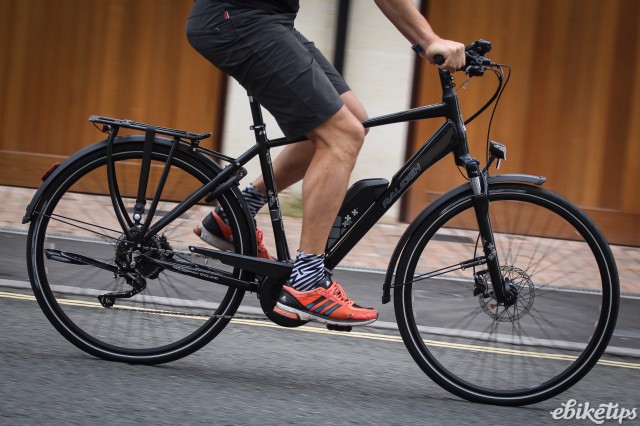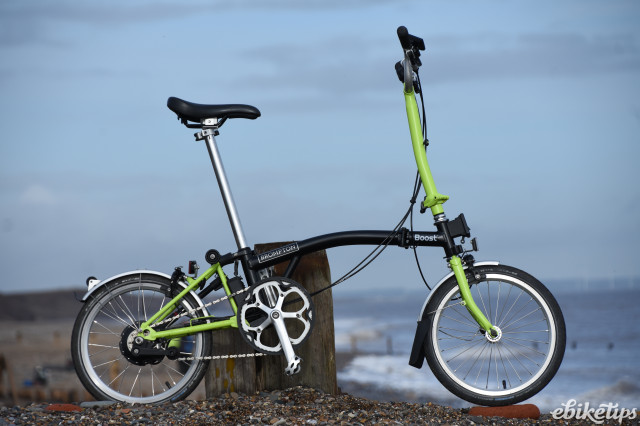Over 100 million car and taxi trips in the UK’s seven city regions could instead be completed on e-bikes if the Government is able to meet its cycling target, according to a new report by consultants Steer for the Urban Transport Group (UTG).
The Fully Charged report – which was commissioned by the Urban Transport Group representing the UK’s largest urban transport authorities – looks at the potential of e-bikes in the city regions.
In particular, it highlights how power assistance can widen the appeal of cycling, including to those with lower fitness levels, older people and those with disabilities.
It argues that e-bikes can also help overcome barriers such as hilly terrain and enable longer trips to be made by bike, thus offering great potential as an alternative to travelling by car.
The Government target of the Propensity to Cycle (PCT) tool is for a doubling of cycling from 2017 levels across the various city regions in a decade.
UTG says that if this were achieved, it would equate to 250 million additional cycle trips per year, 103 million of which would be replacing car and taxi journeys.
The report does however highlight how e-bike uptake has been slower in the UK than elsewhere in Europe.
“E-bike use in the UK is growing, but remains a small proportion of all cycle trips, which in turn represent a small but growing proportion of all trips,” it says.
“In countries where cycling is already a more popular form of travel (such as the Netherlands and Germany), e-bikes are now mainstream (for example, in Germany e-bike use has become commonplace with one in nine households now owning an e-bike).”
The report concludes by identifying a range of initiatives that could encourage wider uptake. These include grants, tax incentives and car scrappage schemes, supported by improvement of cycle routes, more widespread provision of secure bike storage and greater integration with public transport.





